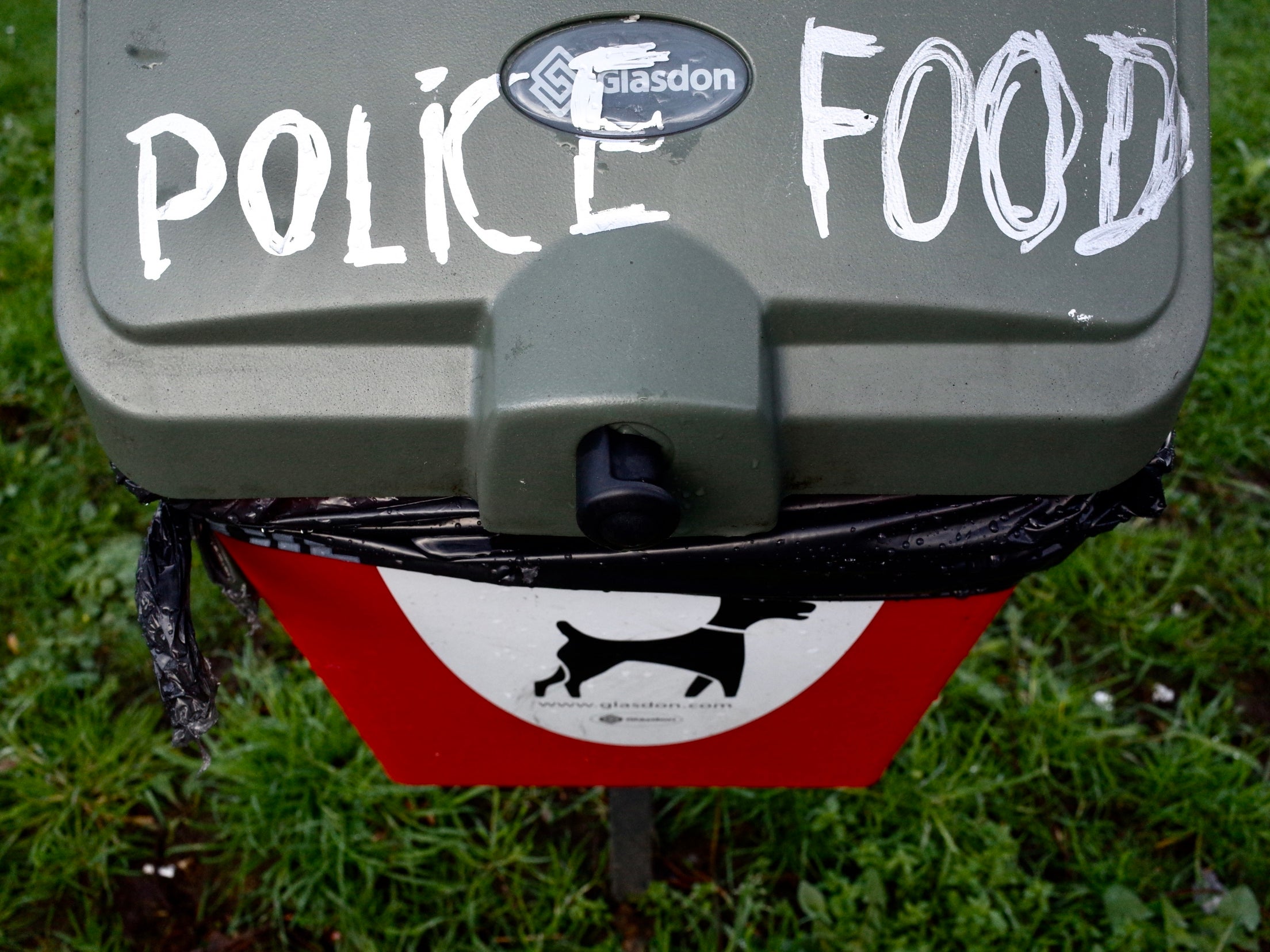Britain Before Brexit: a portrait of east midlands and its people
The Independent’s photographer Richard Morgan is examining his own country in the midst of Brexit’s chaos, scrutinising the contrasts of contemporary Britain and the ambivalence of modern Britishness. This week: east midlands

Britain is divided, by 12 regions, a statistical arrangement designed to help governments see the life of the population in graphs, charts and tables. I’m looking at Britain through these regions too, but not statistically, not through numbers that ignore the brilliant details of everyday life, but through the lens of my camera, on the ground, up close.
Grantham is one of those places in Britain that squeezes every last drop of meaning and money from the chance fact that a very famous person was once born there. I walk from the Sir Issac Newton statue to the bland and boring Isaac Newton shopping centre before drinking a pint in the Sir Isaac Newton. I don’t know how far mid-17th-century Grantham made Sir Isaac Newton who he was, but it’s clear that he makes Grantham what it is today.
Being born in Grantham, Margaret Thatcher also helps form its present day identity, her birthplace now a chiropractic clinic displaying a huge sign promising to relieve “depression, anxiety, low self-esteem, trauma, anger, bereavement”. I go in and out of St Wulfram’s Church where rails of warm clothes have been donated for the homeless, past a cold-looking man begging on the street, and across Wyndham Park, where once again on this journey through modern Britain plaques and memorials make the point that my life was gifted to me by the brutal deaths of millions of strangers ordered to climb from trenches and run into machine gun fire over one hundred years ago.
West Street leads me from Boston railway station into town, past Baltic food stores, Polish bakeries, Bulgarian delicatessens. Flags of European nations adorn shop fronts, decorating the town with the colours of exchange and immigration. I join a local man (“Boston born and bred”) in Central Park who shelters from the rain under the roof of the community centre. He swigs from a can of Polish beer and tells me there are too many foreigners in the town.
A lady in Blackfriars Theatre says Boston is divided, that the youth are disillusioned and the elderly are afraid to go out at night. I walk east to the docks and west to the marina, nostalgically noting Polish graffiti declaring regional loyalties. Towards evening I read Marina Lewycka’s brilliantly dark comedy A Short History of Tractors in Ukrainian in a Wetherspoon, occasionally looking up to a muted television screen to follow parliament’s rejection of the PM’s latest Brexit deal, the news breaking silently above a hum of English voices.
The circus is leaving Derby. Romanians are deconstructing rides and packing them into trucks, all too happy for me to take a look around. They’ve painted British flags everywhere, fittingly connecting Britain to a space where the brave meets the ludicrous, where daredevil meets clown.
Later I ask a butcher smoking outside the market hall about the four black handprints smeared down the red-brick wall next to him. He tells me they’re attempts to wipe off anti-vandal paint, evidence of two trespassers caught in the act black-handed, their crime stuck to their palms like tar. I don’t know why, but they’d wanted to climb the market hall walls, to overcome barriers, to transcend boundaries, and had been punished for their attempt, not directly, by a visible human power, but anonymously, by a substance used in the service of authority that not only identifies the crime, but brands the criminal as well.
Students dressed as jockeys mount students dressed as horses and race down Market Parade in Loughborough. People watch through raised phone screens, laughing and light-hearted. The students bet on the Cheltenham Festival in a betting shop: humans dressed as horses, betting on horses racing for the entertainment of humans. They go to a pub and watch the next race while playing drinking games, and then again to another betting shop, and then to another pub, in one mad cycle of intoxication and loss, of disorientation in the thrill of chance, the possibility to win, to have been right, to have predicted the future.

I’m smuggled into Leicester Beer Festival by the receptionists of the Haymarket Theatre. They agree that the entry fee is too high and enjoy the game of helping me to get in for free. Once inside I‘ve just enough time to try one of the 236 beers on tap – The Blind Mice – before I’m tapped on the shoulder by the same security guard I’d passed on my way in through the back door. We respectfully agree that I should leave, and he understands that I’m just having a bit of fun, but he wants to add an air of authority to the eviction so to appear professional, asking me if he can escort me by the arm when we pass his judgmental security peers at the exit. I give consent, happy to scratch the back of a man who’s scratched mine, and as he marches me out, under the righteous looks of the other bouncers, I thank him for being so understanding and reasonable, and in return, in full view of the others, he pushes me out into the street, points his finger at me, says, “I don’t want to see your face around here ever again”, and winks.
For more of Richard Morgan’s work you can visit his website here
Join our commenting forum
Join thought-provoking conversations, follow other Independent readers and see their replies
Comments
Bookmark popover
Removed from bookmarks